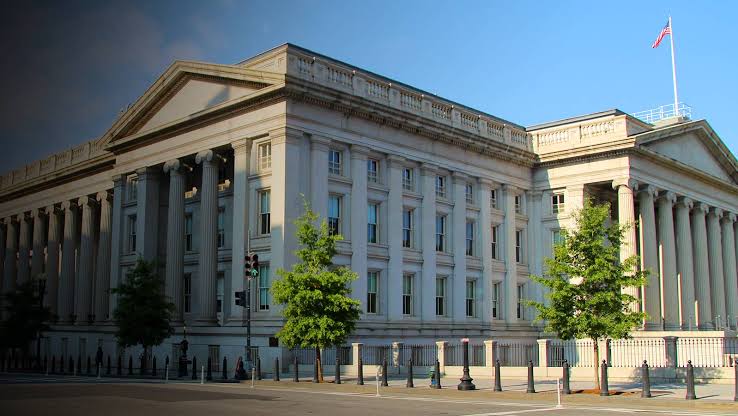US Treasury advises against using cryptocurrencies, like Bitcoin, as a means to promote financial inclusion.

The United States Department of the Treasury’s national strategy for financial inclusion solely mentions cryptocurrencies as a potential threat to consumers. There is no other type of financial inclusion strategy.
The United States Treasury Department stated in a notification dated October 29 that the National Strategy for Financial Inclusion in the United States report was the result of a request from Congress.
The report includes suggestions to “advance consumer access to safe financial products and services and strengthen financial security.” According to the department, one of the ways it worked to increase financial inclusion was by doing research on a “series of publications on consumer activities and risks related to digital assets,” citing a report that was published in September 2022 when it made this statement.
US Treasury Issues National Strategy
The US Treasury stated that the national strategy included recommendations to increase access to “safe and affordable credit,” improve the inclusion of financial services and products from the government, and “protect consumers from illegal and predatory practices.”
The National Economic Advisor, Lael Brainard, commended the Vice President, Kamala Harris, for helping to enhance “access to capital, credit, and economic opportunity.” The government agency implemented a policy that recommended against considering cryptocurrencies like Bitcoin as a means of achieving financial inclusion in the United States.
Many proponents of digital assets, aware of the potential dangers associated with crypto investments, frequently market the technology as a means of creating a level playing field for people who might not always have access to regular banking services.
If Hillary were to emerge triumphant over Republican candidate Donald Trump in the upcoming election in the United States, it is not obvious whether Vice President Harris would take into consideration this tactic.
Despite her expressed concerns about consumer protection, the Democratic candidate has indicated her support for the industry if elected. During his tenure as President of the United States, Joe Biden issued an executive order that established a framework for digital assets and instructed government departments to investigate the ecosystem’s potential impact on consumer and investor protection, financial stability, financial inclusion, responsible innovation, the United States’ financial leadership, and the fight against illegal financial activity.
The Treasury Department has been actively formulating policy recommendations concerning cryptocurrency within the context of the directive.
